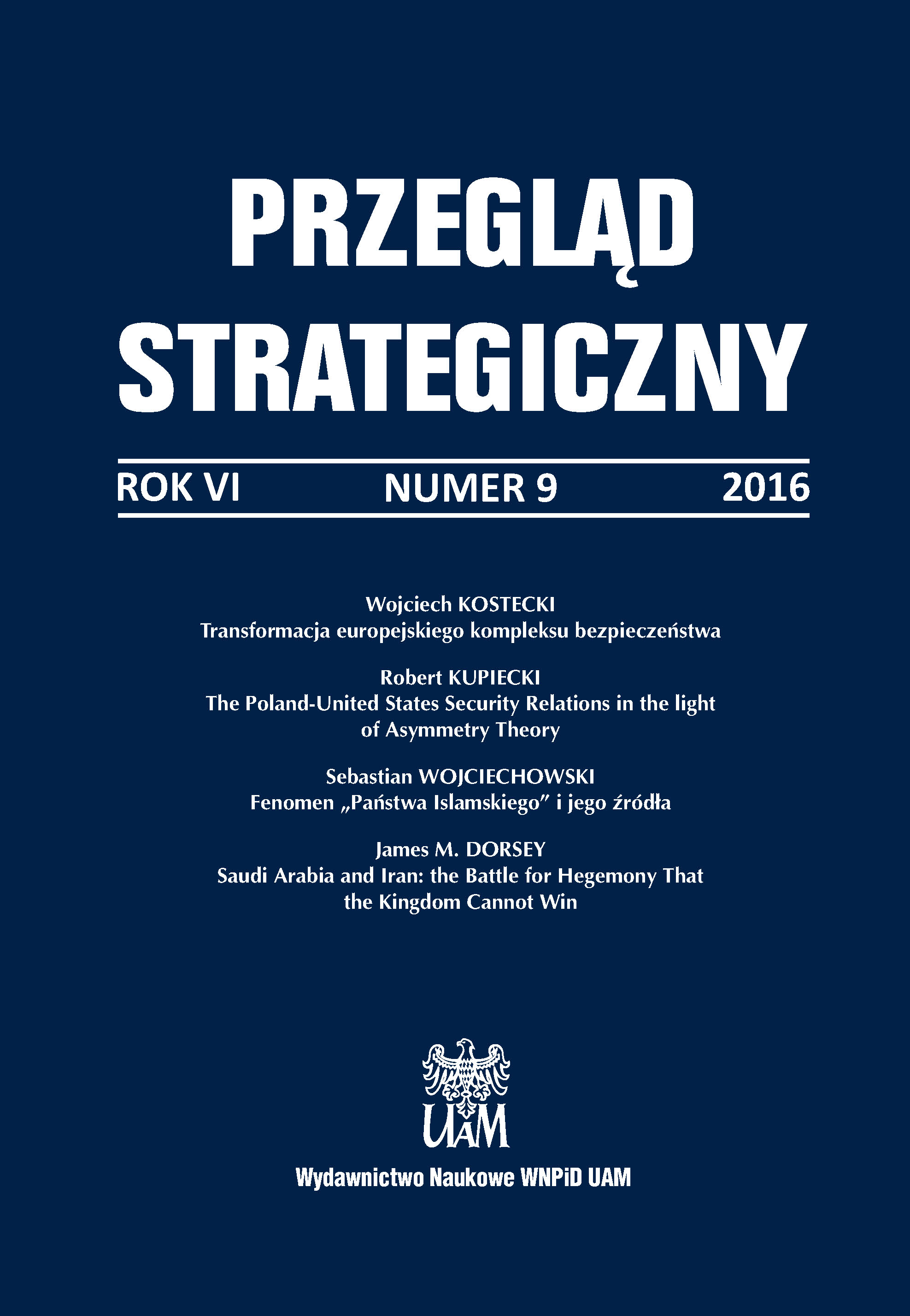South Caucasus in the foreign policy of the Russian Federation. Do doctrinal assumptions translate into reality?
South Caucasus in the foreign policy of the Russian Federation. Do doctrinal assumptions translate into reality?
Author(s): Jarosław KardaśSubject(s): Security and defense
Published by: Uniwersytet Adama Mickiewicza
Keywords: South Caucasus; Russian Federation; the foreign policy; Armenia; Azerbaijan; Georgia;
Summary/Abstract: Russian policy in South Caucasus is not a fully effective policy, as Russia’s actions towards Armenia, Azerbaijan and Georgia are dominated by bilateral relations rather than a single, coherent strategy towards the region. The policy towards these countries also bears the hallmarks of an imperial policy, since it boils down to rewards (in the political, economic or military sphere) for cooperation, or punishments for any action against Russian interests. In addition to enhancing bilateral relations, Russia makes efforts (in accordance with documents issued by official bodies) to integrate the CIS area, of course including the Trans-Caucasus, under its leadership. But it comes up short in these efforts, because not all the Caucasus countries are interested in Russian-led economic integration (within the Eurasian Economic Union), or political and military integration (within CIS, CSTO).
Journal: Przegląd Strategiczny
- Issue Year: VI/2016
- Issue No: 9
- Page Range: 105-115
- Page Count: 11
- Language: English

